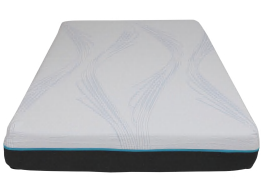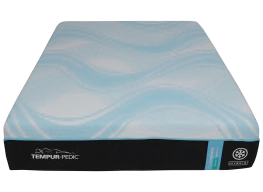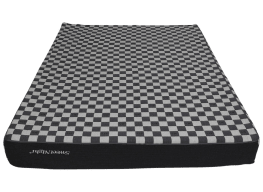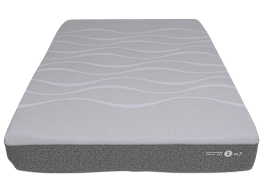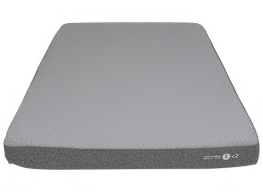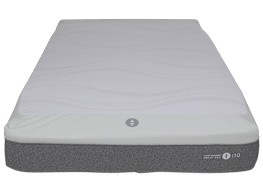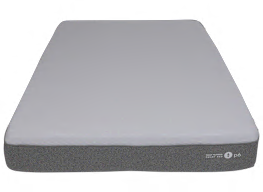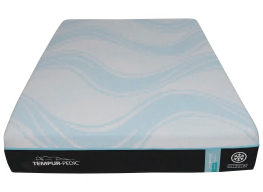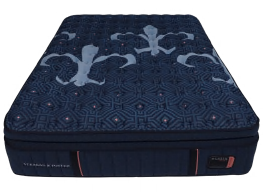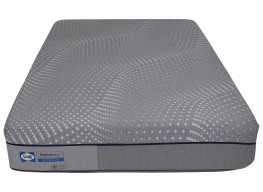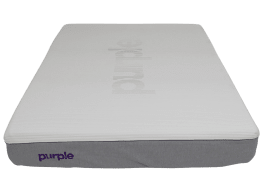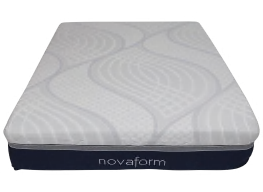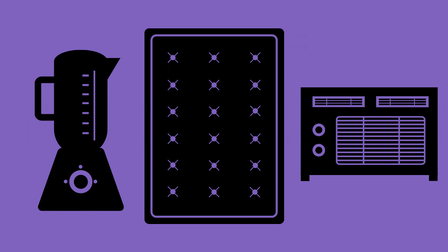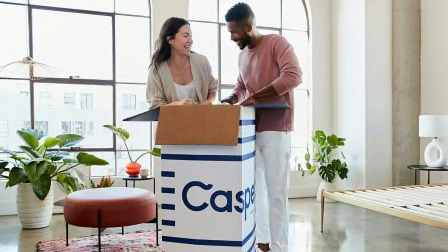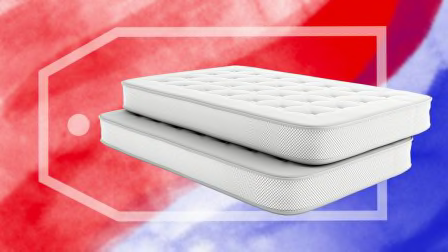Haggling for a Mattress Deal May Save You More Than $250
CR’s latest member survey reveals how shoppers successfully negotiated their best mattress deals
When you shop through retailer links on our site, we may earn affiliate commissions. 100% of the fees we collect are used to support our nonprofit mission. Learn more.
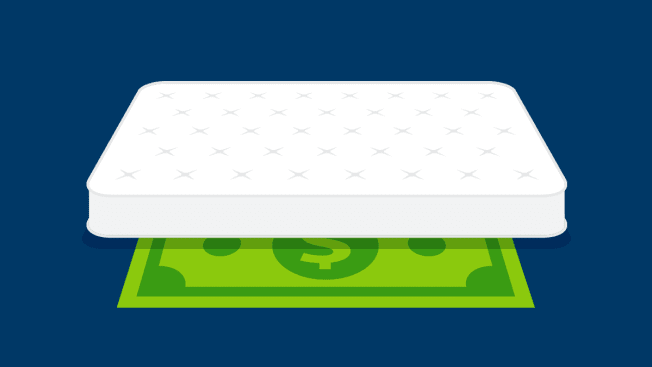
Negotiating for a better price on a flea market bookcase is a no-brainer. Asking for a deeper discount on a mattress? A lot less obvious.
Only 22 percent of the more than 6,000 Consumer Reports members we surveyed said they tried negotiating for a lower price on their recent mattress purchase. Despite the low numbers, 63 percent of those who chose to haggle for a mattress told us they succeeded—and saved a median of $258. That’s not chump change.
How to Negotiate the Best Deal on a New Mattress
The median amount CR members we surveyed said they saved was $258. While there’s no guarantee haggling will lead to savings, here are some tactics that we found resulted in the best mattress deals.
Be familiar with each model’s or brand’s pricing trends. The most successful haggling tactic for CR members was mentioning deals found on a mattress manufacturer’s website and asking the seller to match it (if they found the mattress was more expensive in-store than online, for example). Almost 70 percent of customers who used this tactic were successful.
Take note of any recent sale prices—whether on the manufacturer’s site or the retailer’s—you might have missed, too. “The best way to find the best deal is to track the price over time,” says Marion Wilson-Spencer, CR’s market analyst for mattresses. You can do this by acquainting yourself with price tracking tools like CamelCamelCamel and Honey. It’s possible that if the seller made a profit at a lower cost, they might be willing to go down again to make the sale.
Bring up the competition or consider walking away. Thirteen percent of hagglers said they specifically mentioned prices offered by competing mattress dealers to the seller—our term for whoever communicates with the consumer on behalf of the retailer. Of those 13 percent, more than two-thirds (69 percent) scored a deal.
An even more common strategy was the tried-and-true “I’ll walk away” tactic, in which members told the seller they’d check the prices offered by other mattress retailers. Eighteen percent of negotiators tried this, and more than half (63 percent) were offered a lower price.
Just ask for a better price. If the thought makes you anxious, know that haggling for a mattress doesn’t have to be overly involved. About a third (33 percent) of respondents who haggled did nothing other than ask for a better price, and 61 percent succeeded.
Ask about special deals. Twenty-one percent of those who haggled asked for a special discount (say, for teachers, seniors, students, or veterans) and more than half—55 percent—actually received it. That’s why Michael Gale, vice president of retail for the mattress retailer Saatva, suggests doing your research before heading to a mattress retailer or shopping online. Discount policies and practices are often spelled out on the manufacturer’s site (like Avocado) or can be discovered by calling ahead before making your purchase.
Note that these discounts sometimes can’t be combined with other sale offers—you may have to choose between a Presidents Day sale and a military discount, for example—so do the math ahead of time to decide which discount saves you more.
Other Ways to Save on a Mattress
Even though most hagglers succeed at scoring a discounted price, a sizable minority don’t. If a deeper discount on the price of a mattress isn’t in the cards, you can still try to haggle for extra swag at little or no cost.
“Ask whether you can get a bundled discount based on the products you’re interested in, like a mattress and base combo or a mattress and bedding bundle,” says Gale, adding that some companies have a “buy more, save more” approach that makes customers eligible for scaled discounts based on the value of the merchandise they’re purchasing.
While 62 percent of the successful hagglers we surveyed landed a lower price, 35 percent scored free delivery for their mattress, 33 percent got their old mattress hauled away at no charge, 26 percent brought home a free mattress protector, and another 14 percent, pillows.
If all else fails, ask when the mattress might be on sale next. Chances are, the seller will point to the next big holiday, such as Labor Day, Presidents Day, or Memorial Day, when brands can offer their best discounts.
Where It's Worth Trying to Haggle
According to our survey, some retail spots seem more open to negotiating than others. While we lack the sample size needed to report on the haggling success rates of most of the retailers in our ratings, here are three retailers where haggling could pay off.
With each description below, we also highlight a CR-recommended mattress sold there—and may be worth haggling for.
Local Independent Retailers
Hagglers were most successful at the local independents, with 76 percent of them getting a better deal for their effort. Our survey suggests that shoppers at independent retailers felt more empowered to haggle (about 36 percent) than mattress buyers as a whole (23 percent).
What you’ll find at these retailers is a toss-up, but the benefits seem to be appealing to consumers. And the price paid by local shoppers—$1,330, on average—is far less than at many of the big retail chains like Sleep Number or Mattress Warehouse. Even though the selection may be limited, discounts seem to be more accessible. Doing your research ahead of time is key to better understanding what offerings these smaller retail stores have.
Mattress Firm
According to our survey, 40 percent of our respondents tried to get a better deal here and 66 percent were successful. On average, they saved $282 dollars. Mattress Firm is the country’s largest specialty mattress retailer and operates more than 2,300 locations across the U.S.
Earlier this year, Tempur Sealy International, the maker of Tempur-Pedic mattresses, signed a deal to acquire Mattress Firm. But the retailer does offer beds from more than 20 other brands. CR members paid an average of $1,711 for a mattress from this retailer.
Sleep Number
About 30 percent of respondents haggled for a lower price at Sleep Number. That’s less than the two others on this list, as well as the retailers Sleep Country, Ashley’s, and Raymour & Flannigan. But because members spent the most money on Sleep Number mattresses, it’s worth noting that more than half (55 percent) were successful at getting a discount.
Sleep Number, the pioneer in air-adjustable beds, is among the largest mattress retailers in the U.S., with more than 650 high-end retail stores throughout all 50 states. The three models we’ve tested from Sleep Number are now discontinued. Members paid an average of $3,569 for a mattress from this retailer.

















